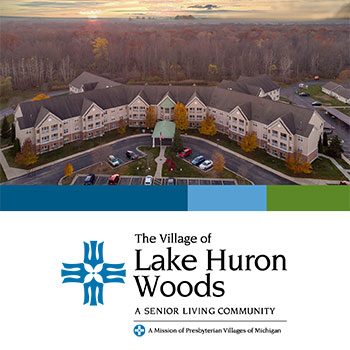New Report from Altarum and the National PACE Association Highlights the PACE Model of Care’s Flexibility and Resiliency in Response to Covid-19
A new report details how Programs of All-Inclusive Care for the Elderly (PACE) have been effective at keeping nursing home-eligible enrollees safer in the community during the Covid-19 pandemic. PACE uses an interdisciplinary team approach that enables 95 percent of enrollees to continue to live in the community and outside of a nursing home. But the normal model of care of receiving transportation and attending a PACE center where social, nutritional, medical, personal care and other services are provided has been challenged during the pandemic.
“It has been inspiring to watch our PACE members develop innovations born out of their commitment to keep their PACE enrollees as safe as possible during this pandemic,” said National PACE Association President and CEO Shawn Bloom. “It has been gratifying that the National PACE Association (NPA), as the association for PACE organizations, has been able to play a role in helping the PACE community spread and refine these innovations.”
PACE interdisciplinary teams traditionally have used a PACE center, vans and a network of community providers to build relationships and deliver care to PACE enrollees. While some home care has always been provided to participants by PACE programs, as appropriate, Covid-19 forced the PACE teams to devise and employ novel care delivery approaches to prevent the spread of Covid-19 in this highly vulnerable population. During the summer it became apparent that the PACE community had developed a range of effective innovations for delivering high-quality care in the community during the pandemic. NPA and Altarum have also partnered to apply for federal grant funding to document these innovations.
“The story of PACE adaptations during the pandemic shows many organizations are capable of making rapid changes to their service delivery to keep participants as safe as possible—and the very low reported death rates from the virus demonstrates they have been successful. In the process, PACE organizations have devised ways to move many services to the home and have gone the extra mile to ensure their participants are neither lonely nor isolated,” said Anne Montgomery, co-director of Altarum's Program to Improve Eldercare.
Rapid PACE responses developed to keep enrollees safe and cared for during the pandemic include:
- Retraining clinic-based staff to support enrollees in the home;
- Implementing telehealth technologies in the home to conduct virtual care visits;
- While PACE centers were closed, PACE center clinics were kept open and safeguards developed for enrollee visits;
- Reassigning of vans that are normally used to transport participants to and from their homes to the PACE Center to instead deliver home-based care and services, nutrition services, durable medical equipment, medications and more;
- Repurposing of PACE Centers to be Covid-19 infirmaries providing 24-hour care;
- Using PACE Centers to offer respite care (including overnight care) for families who need a safe place for their elderly loved ones to be while they are working or needing a break;
- Creating mobile clinics; and
- Inventing new programming to combat social isolation of participants and support family caregivers.
135 organizations operate PACE in 31 states across the United States. Over 54,000 people are enrolled in PACE, all at least 55 years of age and meet their state’s definition of needing nursing home care. Data collected by NPA as of October 5 shows 6.64 percent of PACE enrollees have tested positive for Covid-19 and 1.66 percent have died of Covid-19, a rate below other care models serving nursing home eligible individuals.
View the report: Rapid PACE Responses in a Covid-19 Era
About Altarum's Work with PACE
Altarum works with the National PACE Association and local PACE programs on policy solutions to expand the program to more older adults. This includes obtaining legislative reforms and waivers to address exorbitantly high Part D costs that prevent middle-class Medicare beneficiaries from choosing PACE, and creating an innovative pricing structure that would allow many PACE services to be obtained affordably through cost-sharing and savings arrangements. To learn more about how to expand PACE in your community, contact Altarum's Program to Improve Eldercare co-directors This email address is being protected from spambots. You need JavaScript enabled to view it. or This email address is being protected from spambots. You need JavaScript enabled to view it..









